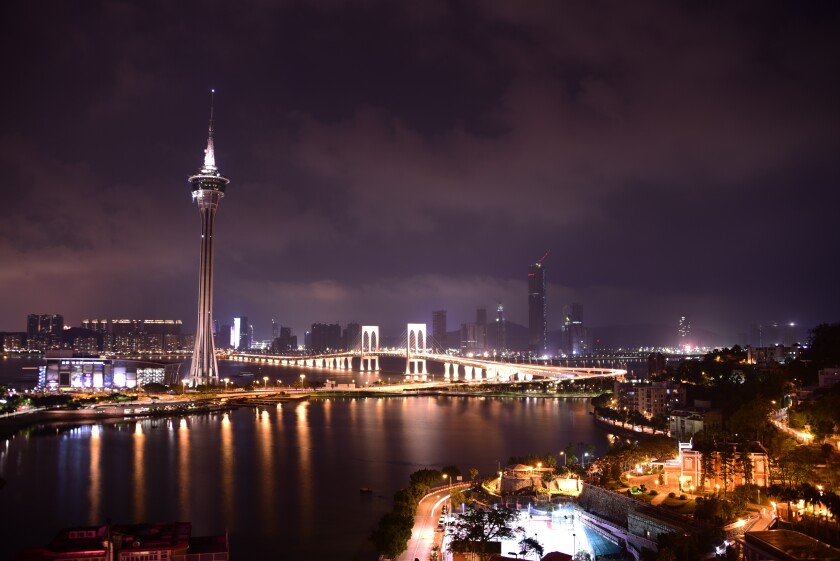China has for several years been pushing forward an economic development strategy for the Guangdong-Hong Kong-Macau Greater Bay Area. As part of this, in 2021, the Chinese government announced a plan to increase the industrial diversity of Macau, a special administrative region of China with separate regulatory and tax regimes, through building up the Hengqin-Macau cooperation zone. Hengqin itself falls under the mainland China regulatory and tax regimes. Technological R&D, high-end manufacturing, tourism, and modern finance are to be fostered, in part through several income tax incentives:
A reduced 15% corporate income tax (CIT) for enterprises in the encouraged industries;
A CIT exemption for ‘new’ foreign-sourced income received by enterprises registered in the zone and engaged in tourism, modern services and high-tech industries;
100% expensing, and accelerated depreciation regimes for eligible capital expenditure; and
A maximum of 15% individual income tax (IIT) rate for the income of personnel with high-end and urgently needed skills; and another rule applicable to Macau residents working in the zone to lower their mainland China IIT burdens.
To supplement these incentives, the relevant government authorities recently announced the substantive operation requirements (applying from January 2023) and implementation guidance (retroactively applying from January 2021).
The substantive operation requirements aim to ensure that the benefits of the incentives can only be accessed by enterprises with a real economic link to the zone, and cannot be otherwise abused. The ‘four elements’ of these requirements (production and business operation, staff, accounting and assets) are largely consistent with the provisions introduced for the Hainan free trade port (FTP), but with a few differences.
For example, the Hengqin-Macau rule requires that individuals must pay at least six consecutive months of social security (such as pension insurance) in the Hengqin-Macau zone. By contrast, the Hainan provision needs at least 183 days of residence in a tax year to qualify for the incentives. The Hengqin-Macau rule is more in favour of enterprises and is easier to be achieved. Another difference is that the Hengqin-Macau zone sets out more specific and detailed supporting materials (such as a lease agreement for business premises, social security payment certificates) to evidence whether the above four elements are met. The evidence in Hainan FTP mainly relies on the written explanation.
In parallel, the implementation guidance also explicitly clarifies the criteria for personnel with high-end and urgently needed skills to enjoy the IIT incentives:
Personnel with high-end and urgently-needed skills must be engaged either in the encouraged industries (technology R&D and high-end manufacturing, Macau-branded industries, tourism and finance) and several other designated sectors (including the construction and medical fields);
The personnel need to genuinely work in the Hengqin-Macau zone and must have at least a one-year employment contract with enterprises that substantively operate in the zone. The enterprises must meet the substantive requirements test;
To be identified as personnel with high-end skills, the person is required either to be at a leading level in a field or have an annual income of no less than RMB 0.5 million ($71,000); and
As for the personnel with urgently-needed skills, they must either meet the education or professional or occupational requirements.
Apart from the Hengqin-Macau zone and Hainan FTP, several other special economic zones in China also offer regional preferential tax treatments. Businesses are urged to review the different tax treatment of each zone and even differences in and outside the zones before investment and business deployment, especially with a view to BEPS 2.0 global minimum tax.












